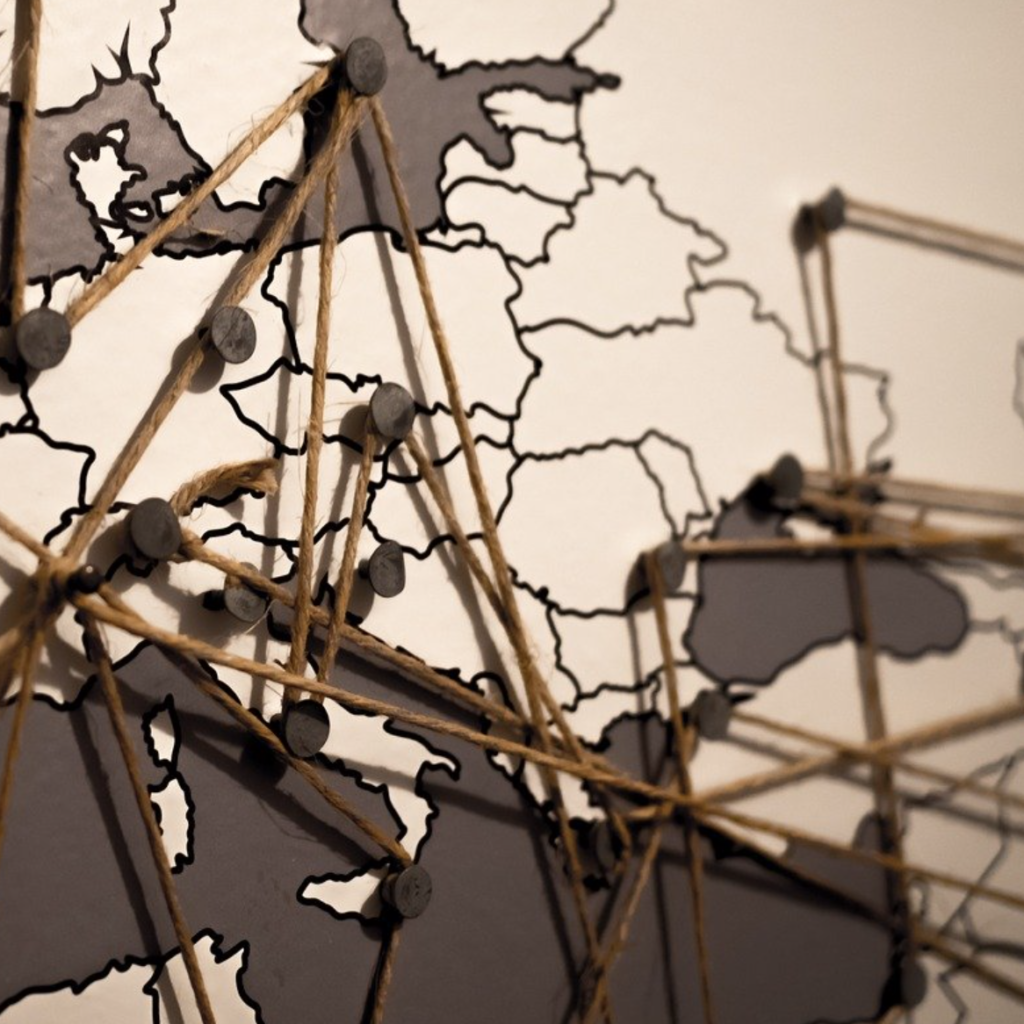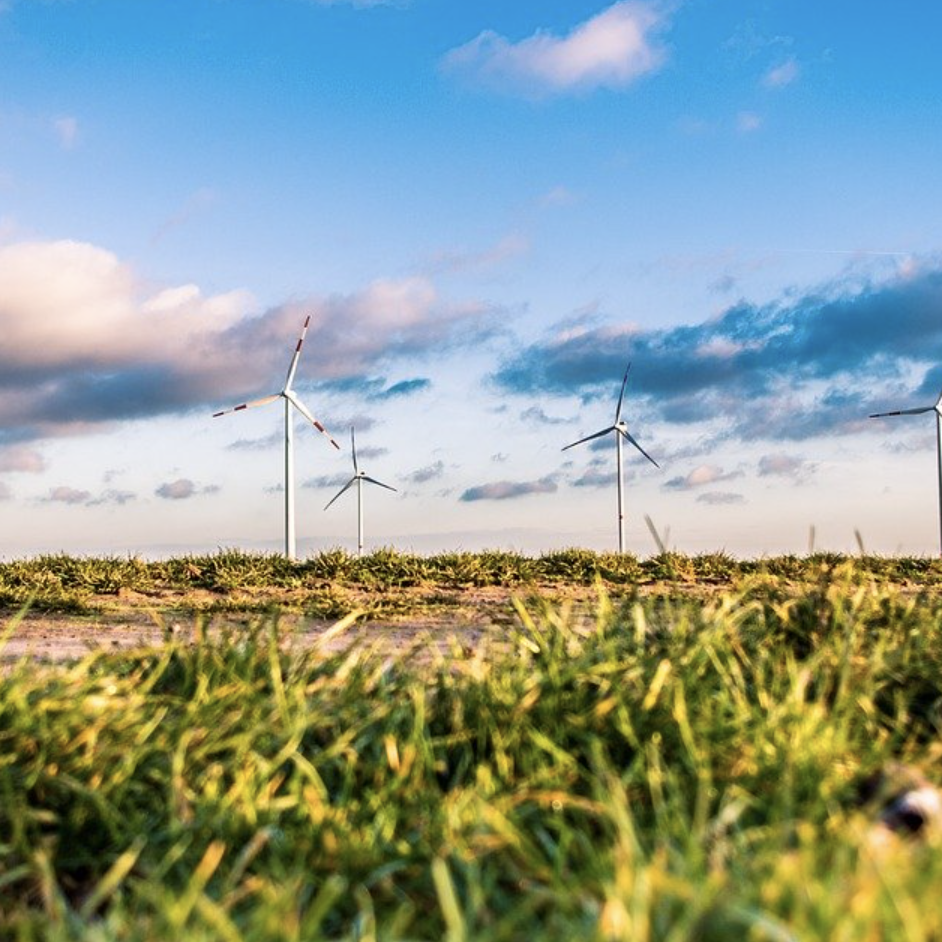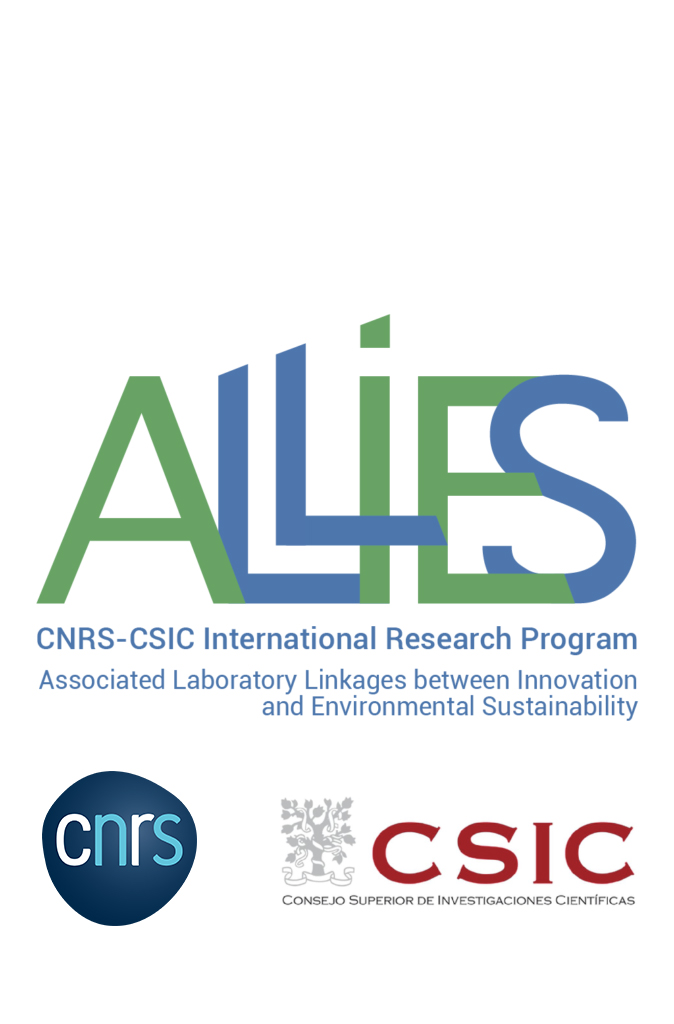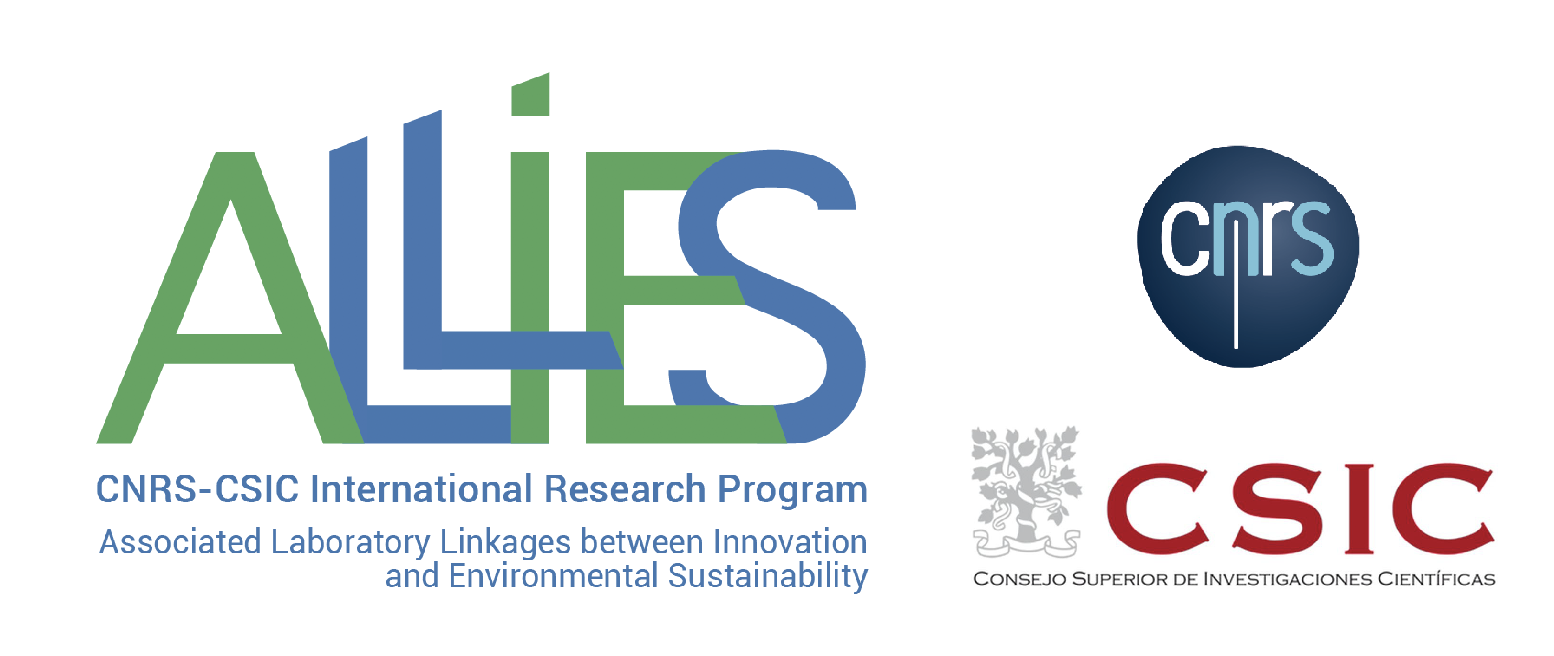
Climate, open access fisheries, land, wetland, water and flood risk, biodiversity: the challenge of providing and financing such global public goods to society is a key policy priority at the national and international level. The challenge is to preserve these resources from the risk of collapse and sustain their management in order to provide environmental benefits to society as a whole. Climate change has become a global public bad, whereas abatement is increasingly perceived as a global public good. The key is to better understand the position of the different players involved in negotiations to address multilateral externalities, such as those related to the protection against global risks (climate change, biodiversity), and analyse the impact of the different kinds of transfers required (monetary, technology, tradeable pollution rights) across countries and players. Three research topics will be addressed: a) Climate change and International Environmental Agreements (IEA); b) Multilateral Externalities and Environmental Agreements; and c) Impure Public goods and Natural resources management.

Scientific and technical knowledge is embodied in people, and it moves along with them. Migration of highly skilled people, and in particular STEM workers (Scientists, Technologists, Engineers, and Mathematicians) may thus contribute to innovation in host countries, but threaten to hamper it in sending ones. Early treatments of the issue framed it in the terms of public good economics, with migrants´ origin countries generating positive externalities for the destination ones, and the suggestion that the latter should compensate the former for their loss. More recent developments suggest instead that the possibility to migrate may increase the returns from private investments in higher education, thus increasing rather than deploying the sending countries´ stock of human capital and innovation potential. In addition, return and circular migration would provide them with important knowledge feedbacks, too. Two research topics will be addressed: a) international mobility of the highly skilled; and b) researchers and research careers.

The past decades have been characterised by a general strengthening of IP rights, the international harmonisation of IP laws and the diffusion of patent uses and strategies at a global scale. These trends have gone hand in hand with an increase in licensing and sale of IP rights, as well as the emergence of new strategies by traditional actors (R&D-performing manufacturing companies and individual inventors) and the birth of new actors. In this context, a heterogeneous group of actors – ranging from universities and R&D laboratories, both private and public, to patent intermediaries – have taken a prominent role in the markets for knowledge. Patent intermediaries and notably the so-called ‘non-practicing entities’ (patent holders that do not sell products) have raised some concerns due to increased opportunities for patent monetization, and the fact that the transfer of exclusive rights on inventions has experienced a tremendous upsurge and triggered rent-seeking strategies that may impose substantial costs to national patent and innovation systems. Two research topics will be addressed: a) ownership of academic inventions; and b) non-practicing entities in patent markets.

Patents and other forms of intellectual property (such as plant varieties, traditional knowledge) play an increasingly important role in the global techno-ecological and energy transition. Their use can either ensure or hamper sustainability in the management of renewable resources, environmentally sustainable technologies and biodiversity. There is need to address issues related to multilateral negotiations over climate change and intellectual property harmonisation, as well as to provide the means to answer policy relevant questions in the field of gene patenting, such as patent ownership, science-industry links and the relation between patents and follow-on research and innovation, notably as regards patents on research tools.



